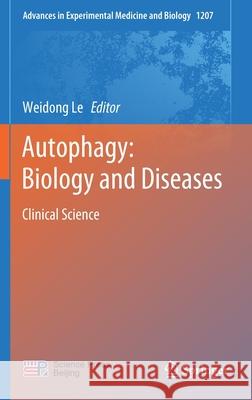Autophagy: Biology and Diseases: Clinical Science » książka
topmenu
Autophagy: Biology and Diseases: Clinical Science
ISBN-13: 9789811542718 / Angielski / Twarda / 2020 / 736 str.
Autophagy: Biology and Diseases: Clinical Science
ISBN-13: 9789811542718 / Angielski / Twarda / 2020 / 736 str.
cena 885,61
(netto: 843,44 VAT: 5%)
Najniższa cena z 30 dni: 848,19
(netto: 843,44 VAT: 5%)
Najniższa cena z 30 dni: 848,19
Termin realizacji zamówienia:
ok. 16-18 dni roboczych.
ok. 16-18 dni roboczych.
Darmowa dostawa!
Kategorie BISAC:
Wydawca:
Springer
Seria wydawnicza:
Język:
Angielski
ISBN-13:
9789811542718
Rok wydania:
2020
Wydanie:
2020
Numer serii:
000253056
Ilość stron:
736
Waga:
1.24 kg
Wymiary:
23.39 x 15.6 x 4.14
Oprawa:
Twarda
Wolumenów:
01
Dodatkowe informacje:
Wydanie ilustrowane











